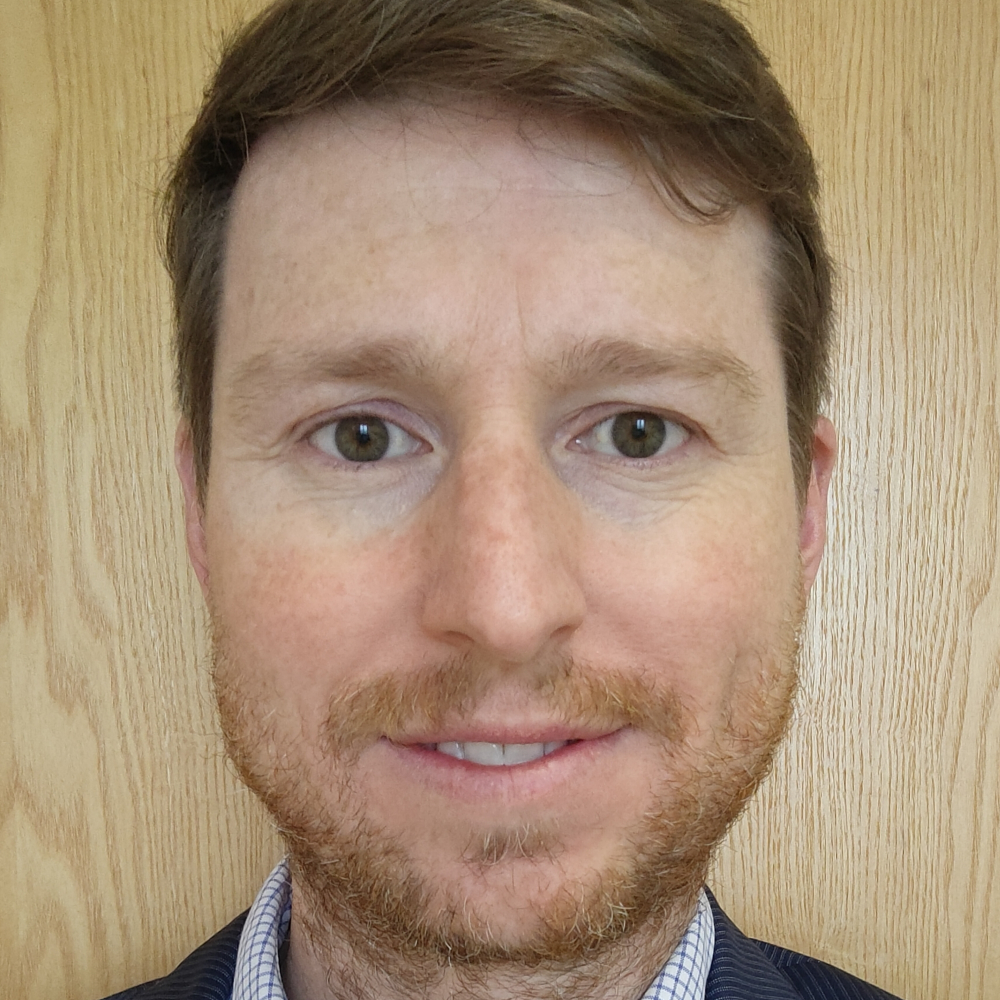About the UN Working Group on Arbitrary Detention
Arbitrary detention is a human rights violation, prohibited under the Universal Declaration of Human Rights and the International Covenant on Civil and Political Rights. It can constitute a gateway to further violations, including torture, enforced disappearances, and violations of fair trial rights.Thousands of people around the world are subjected to arbitrary detention every year, including human rights defenders, journalists, and members of civil society organisations. The ADRU team will work with Dr Gillett and other UN experts to redress cases of alleged arbitrary detention. Team members will work on real cases and help prepare briefings for country visits, including inspections of detention facilities.
Working within the Human Rights Centre Clinic is an option for undergraduate and postgraduate students to gain experience in real world issues. Through the Clinic, you will learn substantive human rights law, develop professional techniques and explore different models/theories for the effective promotion of human rights.
Who can apply?
The module-based projects are open to postgraduate students on the Human Rights Master’s programme (LLM/MA).
If you are selected to work on a module-based project then you will be automatically enrolled on the Human Rights Centre Clinic module (course code: HU902). When applying for a multi-year project, you do not need to take HU902, but can opt to do so.
When can I apply?
Applications for 2024-25 will open on 4 October 2024, after the Introduction to the Human Rights Centre Clinic session.
Applications to join all Clinic projects in 2024-25 will open on 4 October 2024. Please submit your application by Monday 7 October at 5pm to humanrightscentreclinic@essex.ac.uk. Please send your application documents in PDF format with the file name [SURNAME]_[First name]_HRCC application.
Important information for ADRU:
- The ADRU, a multi-year project, is open to all undergraduate and postgraduate students at Essex from any discipline (it is not restricted to law and human rights students).
- If you list the ADRU within your preferred three projects, you should also attach a writing sample of a maximum of 1,000 words. This can be an excerpt from a piece of university work or any other formal writing - it does not need to be written specifically for this project and can concern any topic or discipline. Additionally, it can be in English, French or Spanish.
- You will be allocated a time slot for a short conversation with the HRC Clinic Director and the Deputy Director (and, if applying for the ADRU, the director of the ADRU).
- If successful in you application, you may be offered a space both on a module-based project and the ADRU. You are free to accept both commitments, but note that, from late October until the end of June, the module-based projects will require approximately 8-10 hours of your time per week, while the ADRU will require 4-6 hours of your time per week, on top of the coursework for all other modules. We recommend you do not overstretch your commitments.
How to apply

